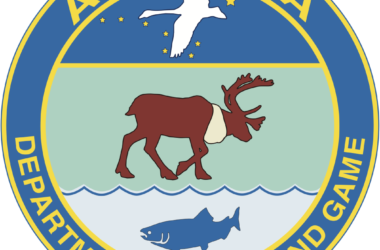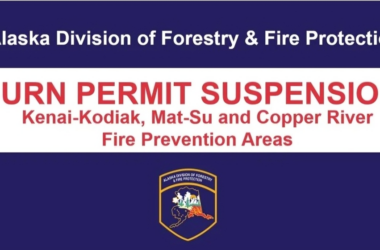ANCHORAGE, Alaska (AP) — Alyeska Pipeline Service Co. and the advisory group that monitors oil tanker activities in Prince William Sound are at odds over how far Alyeska’s tugboat operators should have to go to demonstrate that they can operate safely in poor weather and wave conditions.
The Prince William Sound Regional Citizens’ Advisory Council board passed a resolution on Jan. 18 that insists oil tankers and their tug escorts should not be allowed to operate in the Sound if weather conditions deteriorate beyond what has been deemed safe for training, the Alaska Journal of Commerce reported .
The resolution calls for operators to only operate in conditions that they have trained in.
“If it is unsafe to train personnel, it is unsafe to transport oil,” Advisory Council board President Amanda Bauer said. “We believe strongly that these standards are needed to ensure the economic and environmental safety of the communities and groups we represent.”
Alyeska said it shares the advisory council’s commitment to protecting the environment, but it disagrees with training in uncontrolled conditions.
“It is entirely inconsistent with a strong safety and risk management culture and not an accepted or proven training method for operational proficiency,” Alyeska said. “There are many ways to demonstrate the competency and proficiency of crews and vessels that don’t create the level of risk to human life and the environment that the RCAC is promoting.”
Alyeska further insisted it is hiring an experienced contractor with state-of-the-art vessels and training that will meet or exceed “current requirements for safe operations as well as the very high standards we set for ourselves.”
Advisory council Executive Director Donna Schantz said in a formal statement that the council agrees with Alyeska and the regulating agencies that crew safety is the first priority, but that doesn’t preclude additional training.
“We believe that drills and exercises, including in adverse weather, are controlled events, as they can be stopped at any time that the risk to crews or vessels becomes unacceptably high,” Schantz said.






